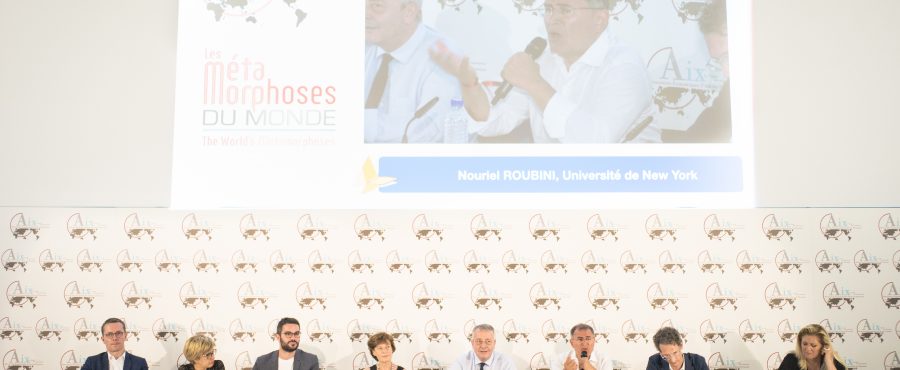6 Jul 2018
What Form Will Tomorrow’s Revolutions Take ?
Session 2

Investing is a gamble on upcoming revolutions, whether it concerns portfolio choice of major institutional investors, education decisions of students and career choices of young adults, or even engaging in long-term research projects. For all these investment categories, decision makers need to picture themselves well-identified scenarios about the economy. The purpose of this session is to consider such scenarios in order to assist long-term investors.
Read more
We will be asking two types of questions. The first series of questions concerns the evolution of the sectoral composition of the economy. The last thirty years have shown a decline of the manufacturing sector and a rise in the health and education sectors (largely public in France, but not necessarily so in other countries). What will tomorrow’s sectors be? Personal services? Continuous training of adults? Transportation (hyperloop, space travel)? Will innovative sectors (biotechnologies, networks, robotics and nanotechnologies) provide a credible pool of new jobs and valuable opportunities for international investors? What are the growth sectors – and above all, which ones seem to be heading for a dead-end?
Our second question concerns the skills required in tomorrow’s economy. Will automation, which makes economic growth more capital intensive (and less labour intensive), be a source of opportunities for financial investors? Will soft skills be an asset in a world where routine tasks are mostly automated? Will everyone need to know how to create statistics, or command artificial intelligence? To enhance man-machine complementarity, won’t there be a more powerful need to combine analytical skills (statistics, data science) along with non-routinizable hands-on knowledge (as in the field of medicine, for example)?
Contributions
Tomorrow even more revolutions_THESMAR




























































































